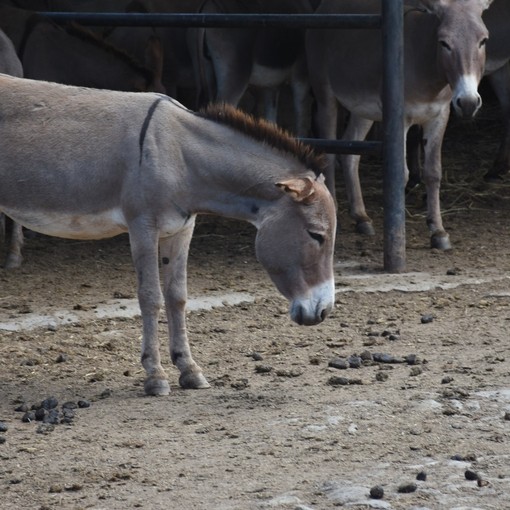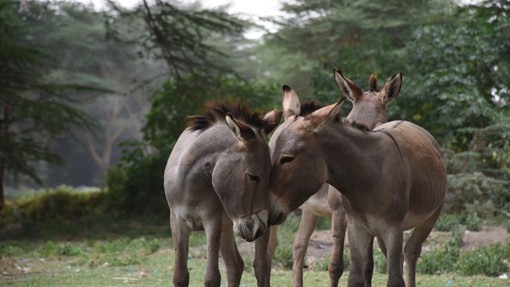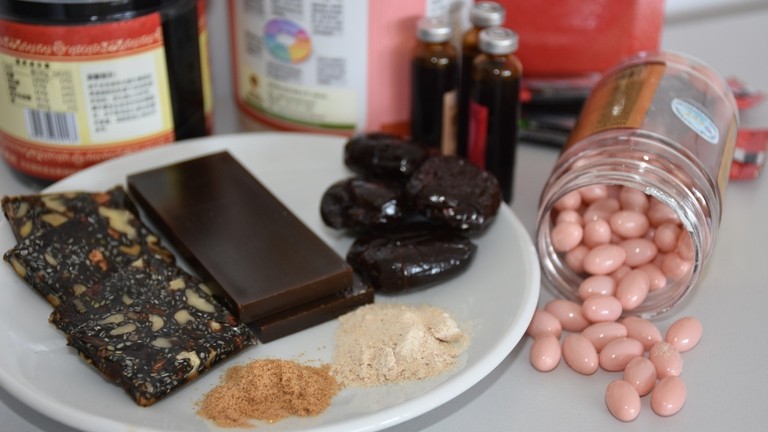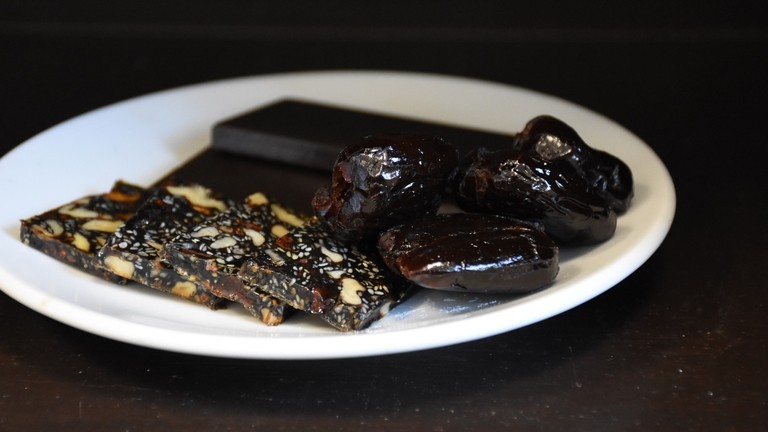
High demand and low supply has created a donkey skin crisis
Demand for ejiao has contributed to the collapse of the donkey population in China and is associated with the unsustainable, cruel and often illegal global skin trade.
Understanding ejiao, the product driving demand for donkey skins
Ejiao (pronounced uh-jee-ow), also known as ‘colla corii asini’ or ‘donkey-hide glue’, is a key ingredient in traditional Chinese medicine. It is produced from the collagen extracted from donkey skin.
The collagen is mixed with herbs and other ingredients to create bars, pills or liquids for consumable goods or beauty products.
Booming demand, but a limited supply
The ejiao industry has experienced significant growth over the past decade.
Between 2013 and 2016, the annual production of ejiao increased from 3,200 to 5,600 tonnes, a yearly growth of over 20%.
Industry reports show that the production of ejiao increased by 160 per cent between 2016 and 2021.
If current trends continue, this will increase by 200 per cent by 2027.
We estimate that the ejiao industry now requires a minimum of 5.9 million donkey skins to keep up with the latest demand figures.
The ejiao industry now relies on the global trade in donkey skins, feeding into this animal welfare and humanitarian emergency.

The impacts of a limited supply of donkeys
The global donkey skin trade has many far-reaching catastrophic repercussions.
Donkeys are suffering, and their populations are being decimated. Communities are losing treasured companions and face risks to their health and local ecosystems, and criminals are capitalising on legal ambiguities for their own ends.
A future for the ejiao industry?
A future for the ejiao industry?
The global skin crisis brings suffering and hardship for millions of donkeys and the communities who depend on them.
We believe that the demand for donkey collagen must be met through humane and sustainable methods.
We have shown that donkey collagen can be manufactured safely and without cruelty, using a process called cellular agriculture.
We are encouraging ejiao manufacturers to Stop the Slaughter and End the Donkey Skin Trade by moving away from using collagen from real donkeys to collagen produced in laboratories using cellular agriculture processes.
To support this, we are raising awareness of this safer, cleaner and humane technology and awareness of the needless cruelty, devastation and risks associated with the global trade in donkeys for the collagen extracted from their skin.
Help stop the slaughter
Find out more
Learn about cellular agriculture, a way of sustainably and humanely creating donkey collagen without the need for live animals.

Learn about the multiple and catastrophic repercussions the skin trade has on donkeys and the communities that depend on them.

Learn about our approach to challenging the donkey skin trade and bringing a permanent end to the skin trade.

References
References
- Between 2013 and 2016, the annual production of ejiao increased from 3,200 to 5,600 tonnes: The Donkey Sanctuary (2019) Under the Skin: Update (PDF, 5.58 MB) on the global crisis for donkeys and the people who depend on them. 10.
- The production of ejiao increased by 160 per cent between 2016 and 2021: The Donkey Sanctuary (2024) Donkeys in global trade: Wildlife crime, welfare, biosecurity, and the impact on women. 4. (PDF, 6.04 MB)
- At least 5.9 million donkey skins are needed yearly: Figures based on calculations from: Bennett & Pfuderer (2019). Discussion paper presented at: Agricultural Economics Society, 93rd Annual Conference. (15-17 April 2019). Warwick University, Coventry, UK.
- Using ejiao output estimates from: Hui, L (2017) China Focus: Donkey shortage turns TCM remedy into a luxury product, Xinhua, Available from: China Focus: Donkey shortage turns TCM remedy into a luxury product [Accessed 9 October 2023] and Li et al. (2022), Foresight 2022: Panorama of China’s donkey-hide gelatin industry. Prospective Industry Research Institute. Available from: Foresight 2022: Panorama of China’s donkey-hide gelatin industry [Accessed 9 October 2023].



